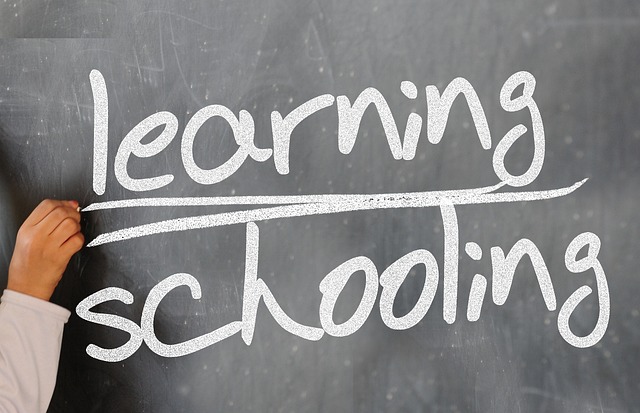Understanding Opportunities in Music Tutor Careers and Teaching Paths
As interest in creative teaching paths grows, music tutor careers continue to evolve with a range of opportunities in private instruction, online platforms, and academic settings. This guide explores how aspiring tutors approach career planning, what they consider when choosing specializations like voice, piano, or theory, and how flexible formats are expanding access to music education.

How to Become a Music Tutor
Starting a career as a music tutor requires a combination of musical proficiency and teaching ability. Most successful tutors have formal music education or extensive performance experience. Begin by specializing in one or more instruments, developing a structured teaching methodology, and gaining initial experience through student teaching or internships. Creating a teaching portfolio and obtaining relevant references can help establish credibility with potential students [1].
Certification Requirements for Music Teachers
While private music tutoring doesn’t always require formal certification, obtaining proper credentials can enhance your professional standing and earning potential. Common certifications include:
-
State teaching certification for public school positions
-
Music Teachers National Association (MTNA) certification
-
Specialized method certifications (Suzuki, Kodaly, etc.)
-
Institution-specific teaching certificates
Music Teacher Salary Expectations
Music teaching salaries vary significantly based on location, experience, and teaching format. Current salary ranges typically fall within these brackets:
-
Private Studio Teachers: $30-80 per hour
-
School Music Teachers: $40,000-75,000 annually
-
Online Platform Instructors: $25-60 per hour
-
Conservatory Instructors: $45,000-85,000 annually
Prices, rates, or cost estimates mentioned in this article are based on the latest available information but may change over time. Independent research is advised before making financial decisions.
Online Music Teaching Jobs and Opportunities
The digital transformation of education has created numerous opportunities for online music instruction. Virtual teaching platforms offer flexibility and the ability to reach students globally. Popular platforms include:
| Platform | Teaching Format | Average Hourly Rate |
|---|---|---|
| TakeLessons | Video calls | $30-65 |
| Lessonface | Live streaming | $35-75 |
| Musika | Virtual/In-person | $40-80 |
| ArtistWorks | Pre-recorded/Interactive | Varies |
Prices, rates, or cost estimates mentioned in this article are based on the latest available information but may change over time. Independent research is advised before making financial decisions.
The music tutoring landscape continues to evolve, offering diverse opportunities for educators at all experience levels. Success in this field often comes from combining strong musical abilities with effective teaching skills, while staying current with both traditional and digital teaching methods.
Sources:
- [1] https://www.coursera.org/learn/teaching-popular-music




